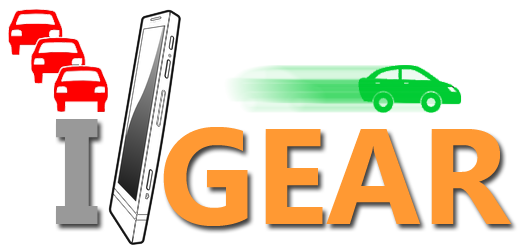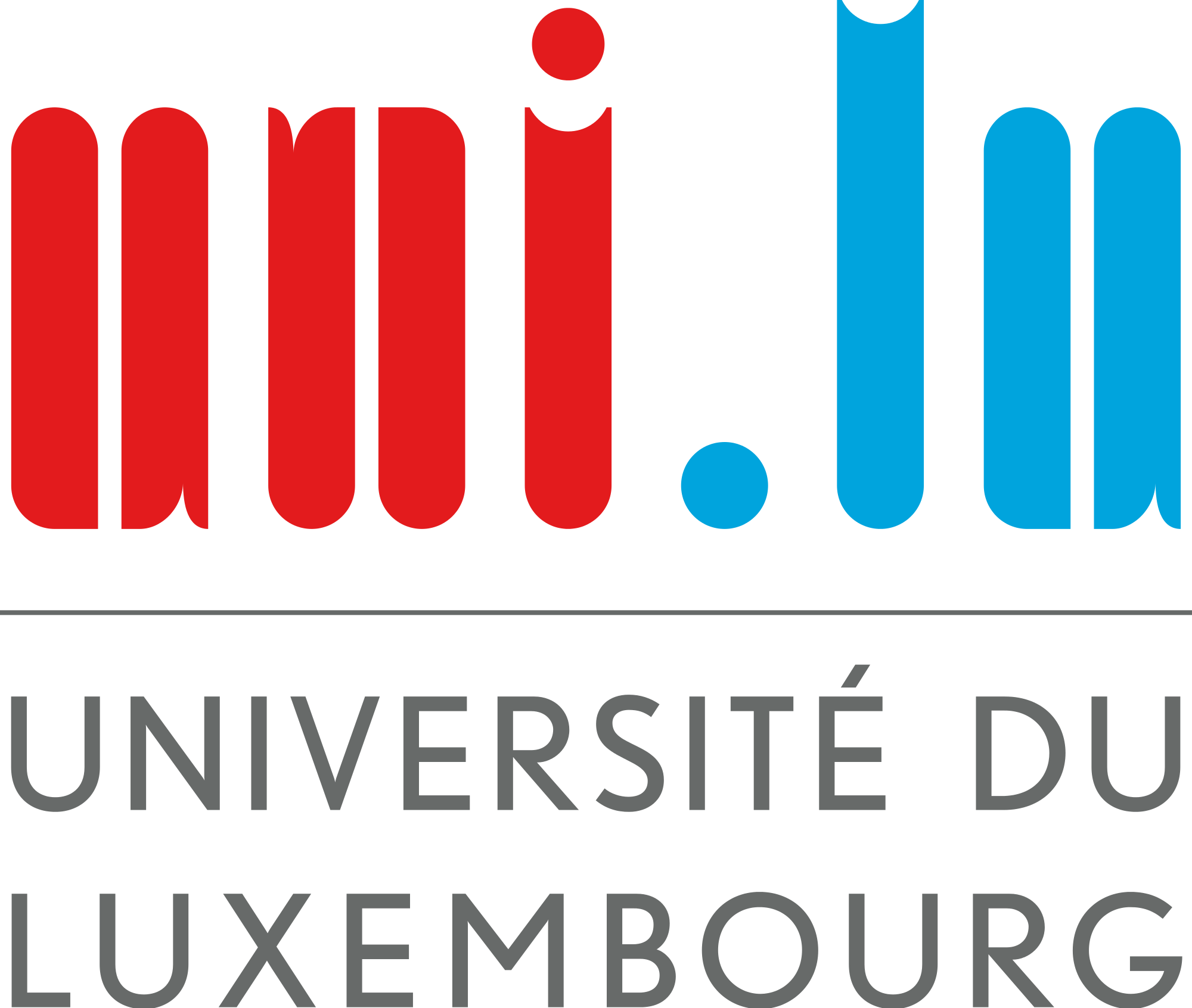
Traffic congestion is a problem in many countries and with government budgets being squeezed, large road infrastructure projects and roadside assistance systems are no longer feasible. The I-GEAR project specifically addresses these problems by looking at new ways to change driver behaviour through the use of incentives, social networking and pervasive gaming concepts.
Starting with the premise that sitting in a traffic jam is lost time and money, the I-GEAR project will explore how we can best channel the motivations of drivers in a way that will optimize traffic flow. For example, by encouraging counter intuitive driving strategies such as driving more slowly or taking a seemingly longer route. It will also explore social driving approaches such as car sharing or driving in a platoon (or convoy) to specific destinations. Our underlying idea is the people would rather do something else than sit in a traffic jam but that in order to encourage this behaviour we need to provide them with social, economic or personal incentives.
The project raises a number of challenges, which range from identifying the motivations of drivers and relevant incentives though to how to design in-car information systems that do not distract the driver. In order to support these areas the project will utilize a contextual design approach that places the driver from the outset at the very heart of the process which will include extensive fieldwork coupled with detailed laboratory and in-situ studies.
Testing and Simulation Platform - DriveLab
I-GEAR is also developing a testing platform that will allow companies and researchers to conduct human-factors tests under simulation and real world conditions using the same system. The system allows developers to test in-car applications using a range of devices including tablet PCs, mobile phones and eye trackers. The system provides tools to log behaviours and trigger specific interactions.
The project is funded by Fonds National de la Recherche, Luxembourg.
More information about the project can be found here.
Project duration: 01.05.2014 - 30.04.2016.
